€25.00
Vetiver Kenyan Essential Oil
Adam Michael has this to say “This material is actually from a tea estate in Kenya. The business has had problems with soil erosion on its terraces and vetiver was seen as both a solution and additional source of income.
Before we delve into the aroma profile, I would like to say if you are wanting to invest in a bottle of vetiver that shows exceptional potential for ageing into a masterpiece (the finest vetivers are always aged) across the the next 10 years, and without breaking the bank now, then in my view and having handled a lot of vetivers across the past 15 years, you may want to treat yourself to a bottle or more of this specific batch of Kenyan vetiver whilst we have some available.
Aromatically from the bottle this is reminiscent of a somewhat crude and very young bourbon. Of course this needs to be applied to the strip for a proper evaluation, and via the strip, the aroma is saturating warm, dry woody, bitter, smoky, nutty, leathery, trace sweet in a woody liquorice fashion and exuding dusty aspects, comparable to what you find within the profile of Cedarwood Virginian.
As we progress the notes above remain, albeit wet green grass through to earthy soil notes start to creep in to detection.
However once we hit the 24 hour mark on the strip, this is when you start to realise that this material has serious scope for morphing into something spectacular across the next decade. Now, after a full day on the strip, all the soil and usual keyword descriptors for a recently distilled cultivated vetiver vanish like a magic trick, and we get a very good preview of inhaling a wild produced vetiver, yes really. The aroma at this stage is now a full on breezy, grassy wind swept green affair, crossed with a noticeable ozonic and petrichor combo, personally pure bliss for me, as its giving aromas you just do not expect from evaluating the classically structured cultivated offerings, and this ladies and gentlemen is why I am strongly tipping this one to age into a full on breath-taking beauty, hence storing away an additional kilo. As the years progresses I would think the soil aspects are going to mellow out along with most of the note profiles in its top, examples of first hand experiences, Reunion Bourbons, Brazilian and Javanese cultivated offerings, they all had the soil profiles to some degree when young, and upon ageing this was the note profile that mellowed off the most with the initial body qualities coming through as the overall profile upon long ageing.
Likewise, back in the now, try inhaling this scent from the strip after 24 hours, make yourself comfortable, inhale from the strip until your belly button has gone in as far as it comfortably can, HOLD for a second, and now slowly breathe out. This makes for a deeply calming sensation albeit a little bit trippy too. If you do try this, look out for the sweet trace chocolate hue as you exhale.
Overall and to sum up, this is not some ground-breaking conventional offering as it currently stands, absolutely no way, our Indian Hydro Khus wipes the floor with this aromatically right now and it does not exude the finesse either that only aged vetivers can such as our aged Java which decimates any young production offered elsewhere. Simply as I type, this Kenyan vetiver is a work horse, an aromatic grafter and wherever you need a smoky through to the specialist “heart” type vetiver in your composition, this can and will do the job for a fraction of the price. The notes within the dry down are impressive, as is its overall current profile and its staying power at 8 hours on my skin type, admittedly from a sizeable swipe. Excellent value for money, a great starter vetiver and I would score this one 7 out of 10 as it stands with possibilities of becoming an outright 10 out of 10 with long ageing.”
We have now created our own vetiver collection page.
Botanical Name: Vetiveria zizanioides
Origin: Kenya











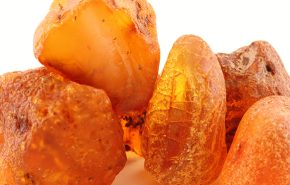
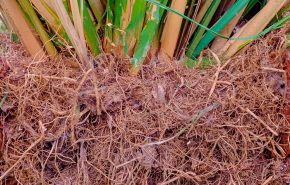
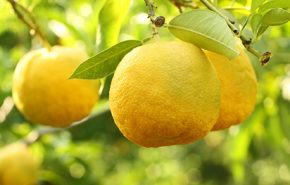
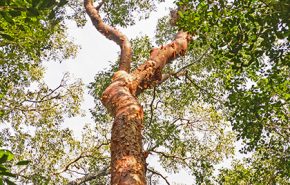
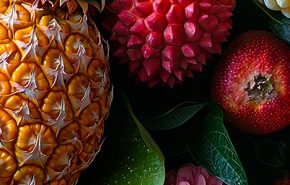
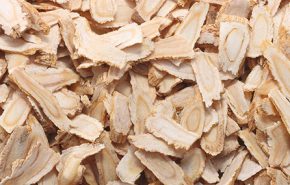
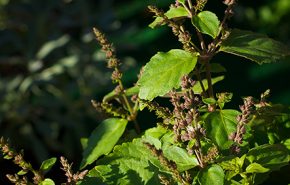
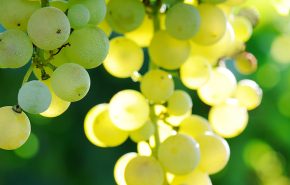
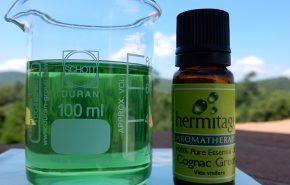
Charalambos Charalambous (verified owner) –
So happy i bought this oil as its a truly beautiful vetiver full of tranquil energies and soft smoked resinous and woody basenotes with dark green middle notes..and in excellent price..